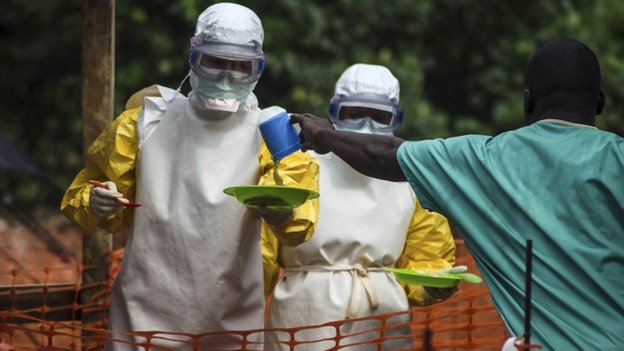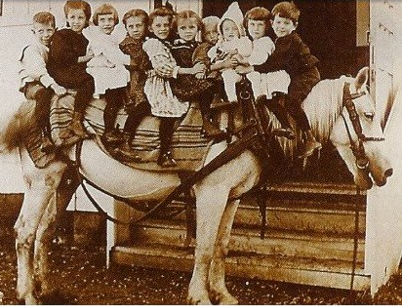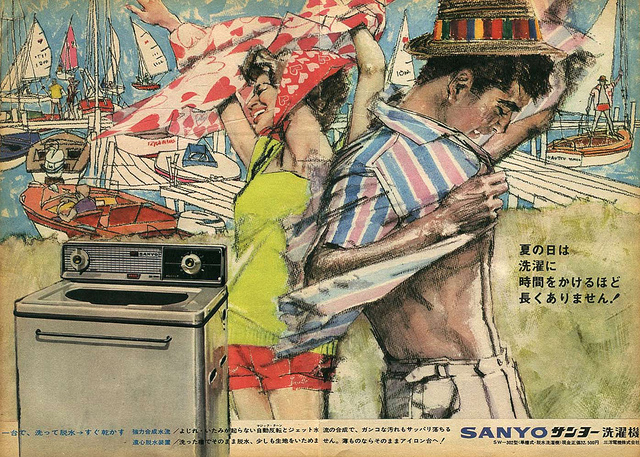Reducing and managing Ebola cases in Liberia is a doable mission, but bringing fresh instances down to zero a much tougher one. Swedish academic and doctor Hans Rosling, a supporter of washing machines, has temporarily made Liberia his home, hoping to make sense of the statistics and aid in the elimination of the virus, a complicated thing since the illness has a Whac-a-Mole propensity for popping up everywhere. From Ben Carter at the BBC:
“Last month Rosling moved to the Liberian capital, Monrovia to work with the Ministry of Health where his task is to analyse the statistics to see how the virus is spreading and find the best way to tackle it.
He says that the number of new daily cases has dropped dramatically over the past few months and has plateaued in recent weeks.
‘Ebola in Liberia started coming over the border into Lofa County, then it moved down during the summer and hit the capital, Monrovia, really badly in August and September. But now the numbers in the capital are down from 75 a day to 25 a day,’ says Rosling.
He argues that using a daily figure gives a more accurate representation of what’s going on right now. ‘Take Lofa county for instance where they’ve had 365 cases cumulatively but the last week it was zero, zero, zero, zero every day.’
Despite this drop, Rosling says one of the biggest challenges facing Liberia is that every single county has seen new cases of Ebola in recent weeks.
‘This means we are fighting a low intensity epidemic. It flares up in one of the counties, it’s controlled there and then it jumps up in another place. This will take time to get rid of.'”



